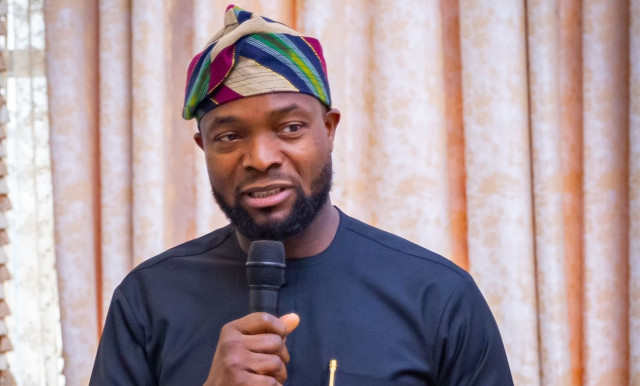In anticipation of the deployment of 90,000 kilometers of fiber optic cables scheduled for the fourth quarter, the Federal Ministry of Communications, Innovation and Digital Economy has initiated a consultation process for investors, inviting private sector entities to express their interest in the special purpose vehicle (SPV) initiative.
The ministry, in a recently published consultation document, stated that the program, titled ‘Project Bridge: Building Resilient Digital Infrastructure for Growth’, aims to create a nationwide fiber network that enhances connectivity, fosters economic growth, and propels digital transformation.
The goal of this initiative is to increase broadband access and fortify the nation's digital infrastructure.
As per the ministry, the project will follow a public-private partnership (PPP) model, with the Nigerian government holding a stake ranging from 25% to 49% in the SPV.
The SPV will function as an independent limited liability entity, governed by a board of directors with expertise in telecommunications, infrastructure, and finance.
The ministry indicated that this invitation to private sector stakeholders aligns with the Infrastructure Concession Regulatory Commission (ICRC) Act of 2005 and the National Policy on PPP.
“The ministry is extending this invitation to promote transparency, fairness, and accountability in the implementation of the Project and the engagement of the private sector,” it mentioned.
The consultation document highlighted that private sector participants, both local and foreign investment firms, must satisfy certain criteria.
According to the ministry, the first requirement is the legal status of the firm; it must be a registered entity in its country of incorporation.
Industry experience is essential, requiring the company to have a proven track record in broadband/telecommunications or significant infrastructure projects. Additionally, the participating firm must showcase strong financial capacity for equity investments and be willing to align with national objectives, supporting Nigeria’s broadband and digital economy aims. Compliance with international best practices in corporate governance is also crucial.
The Ministry strongly encourages all interested private sector collaborators to fill out the consultation form.
It indicated that after this consultation, the collected information will be reviewed to finalize the Project structure.
Further stakeholder engagements may also be undertaken as the Project moves forward.
“A competitive bidding process will ultimately be initiated, starting with the advertisement for a Request for Expression of Interest via Nigeria’s public procurement process. The Ministry anticipates active participation and contributions from all stakeholders in shaping the digital future of Nigeria through Project Bridge.
“All information submitted via the consultation form will remain confidential and will solely be used to evaluate potential interest in Project Bridge, in accordance with applicable data protection laws,” stated the ministry.
The 90,000 km fiber project, which the federal government aims to commence in the last quarter of 2025, has an estimated cost of $2 billion and has already garnered at least $700 million in investments from development partners, including the World Bank, African Development Bank (AfDB), and Islamic Development Bank.
This project aims to extend the country’s fiber optic backbone from 35,000 km to 125,000 km and enhance access to fast and reliable internet, with a completion timeframe of three to five years.
Minister of Communications, Innovation and Digital Economy, Dr. Bosun Tijani, emphasized that Nigeria requires 125,000 kilometers of fiber-optic cable to fulfill its national coverage objectives, and this project seeks to optimize the use of its nine submarine cables more effectively by achieving last-mile connectivity.
He stated that the initiative is part of the government’s strategy to bridge the digital exclusion gap in the country and enhance broadband access.




















